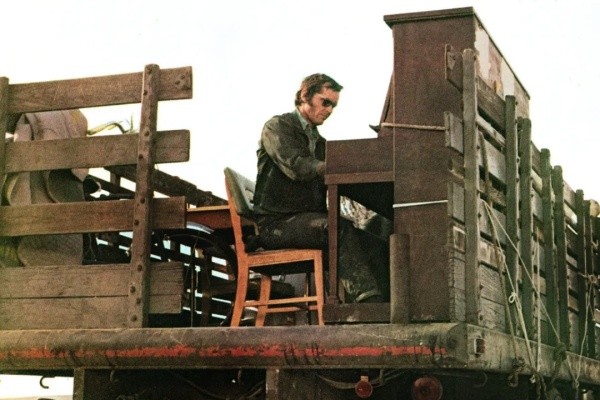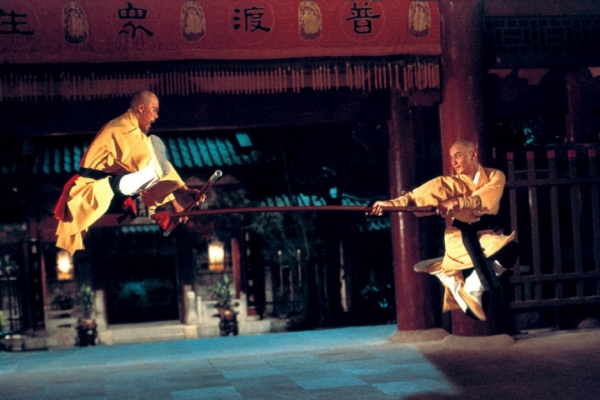Light-hearted and mildly amusing, Ozu’s most accessible late-career work explores the generation gap and quirks of communal communication amid a rise in consumerism in a modernising Japan.

Review #2,618
Dir. Yasujiro Ozu
1959 | Japan | Drama, Comedy | 93 min | 1.33:1 | Japanese
Not rated – likely to be PG
Cast: Keiji Sada, Yoshiko Kuga, Chishu Ryu, Kuniko Miyake, Haruko Sugimura
Plot: Two rambunctious boys living in a Tokyo suburb are determined to have a television so that they can watch wrestling and baseball. Their father, who predicts that “TV will produce 100 million idiots,” refuses, and when told to shut up, the boys take the command literally and zip their lips—forever.
Awards: –
Distributor: Shochiku
Accessibility Index
Subject Matter: Light – Family; Generation Gap; Communication; Consumerism
Narrative Style: Straightforward
Pace: Slightly Slow
Audience Type: Slightly Arthouse
Viewed: Criterion Blu-ray
Spoilers: No
I’m not sure that I really enjoyed Good Morning more than the director’s purer dramas like Tokyo Story (1953) and Floating Weeds (1959), but here we see Yasujiro Ozu being unexpectedly cheeky. The title is a reference to the daily greetings that adults give to each other, pleasantries that two young boys find meaningless.
When the two siblings realise that their father won’t buy them a television set, they take up a vow of silence. A naïve act, you might think, but Ozu finds mild amusement in what could be his most accessible late-career work.
Consumerism is on the rise in their part of town, a charming little locale that is shot with quirkier precision than usual, an approach that Wes Anderson would surely have taken notes from.
“Meaningless things are easy to say.”
One of their neighbours recently bought a washing machine (which creates some consternation as to whether she might have misused a communal fund) while others string their clothes to dry on clotheslines, which is Ozu’s way of also alluding to the theme of communication as they look no different to the telephone lines above them.
As these technological conveniences take root domestically, Ozu’s light-hearted work also contains moments of sobering truths, particularly about ageing, the generation gap and unemployment.
But Good Morning almost always reverts to its childlike tone, be it Ozu’s stylisation of fart sounds (both a subplot and a pseudo musical motif) or the aforementioned younger boy’s casual “I love you”, uttered in English as a form of nonchalant goodbye, which is as meaningless as the adults’ ‘good morning’ or ‘how are you?’
A slight detour in tone but not in style, Good Morning is an inviting piece of cinema from one of Japan’s most enduring filmmakers.
Grade: B+
Trailer:











